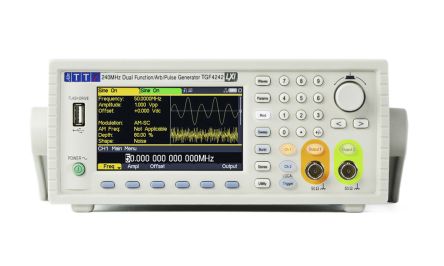Function Generators: Making Waves in the World of Electronics!

In the universe of electronics, there are a multitude of tools and devices that engineers and enthusiasts utilize to bring their creations to life. Among these, function generators stand out as a vital tool, ensuring that electronic circuits operate with precision and efficiency. If you have ever wondered what role these devices play or how they contribute to the world of electronics, you're in for an enlightening ride! Diving Deep: What are Function Generators? At the core, function generators , often simply called 'waveform generators,' are electronic devices that produce different types of electrical waveforms over a range of frequencies. These can be sine waves, square waves, triangular waves, and more complex patterns. They are crucial for various applications in the vast domain of electronic testing and design. Why are Function Generators Important? Testing and Troubleshooting : At the very heart of electronics development lies the need for rigorous te...
